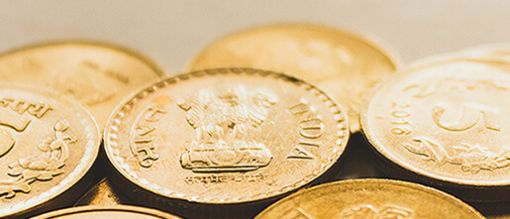Australian NGOs have expressed alarm as this weekend G20 Finance Ministers delayed debt relief measures for the world’s poorest countries as deaths from COVID-19 top 600,000 worldwide.
The G20 did not call on multilateral lenders to take action and only reiterated its announcement from April that all official bilateral creditors should implement a short-term debt freeze through the Debt Service Suspension Initiative (DSSI). Figures released this weekend show that so far through the DSSI only 13% of debt payments have actually been suspended, or $5.3 billion out of a total $40.6 billion of debt that the group of 77 poorest countries must pay to bilateral, multilateral and private creditors before the end of the year.
ActionAid Australia and Jubilee Australia are concerned that rich countries, the World Bank, and IMF are still collecting billions in debt servicing from poor countries hard-hit by COVID-19. Both organisations are calling on the Australian Government to use its influence to push for permanent cancellation of debt payments until 2022 as well as a discussion for a permanent UN-led mechanism for dealing with the sovereign debt problem.
Dr Luke Fletcher, Executive Director of Jubilee Australia said: "The DSSI initiative, which the G20 Finance Ministers announced in April, was a step in the right direction, but much more was needed at the meeting on the weekend. The US$12 billion of debt relief promised under the DSSI (with so far 5.3 billion taken up) is merely suspended, not cancelled, and will have to be paid back in the future. The DSSI also excludes debts owed to multilateral and private creditors, and it also excludes many nations, such as middle income countries which are also suffering from damaging debt payments.
"The IMF is telling us that the impacts of COVID-19 will lead to the greatest economic fallout since the Great Depression, and yet in that context, this weekend’s announcement is seriously underwhelming. The G20 Finance Ministers could have used this weekend’s meeting to show they are taking the financial consequences of the COVID crisis more seriously and to make an announcement that would save lives, but they missed this opportunity. They took a step backwards, and the consequences will be lives lost."
Katherine Tu, Head of Campaigns and Policy at ActionAid Australia said: "2019 data shows that 64 countries are spending more on debt repayments than on healthcare. This includes countries right on Australia’s doorstep in the Indo-Pacific like Vanuatu, Indonesia, and Tonga. If international institutions like the G20 don’t act now, they could set development outcomes and gender equality in these countries back decades.
"Globally we are seeing COVID-19 take a disproportionate toll on women and girls with ActionAid research highlight a spike in violence against women in all regions of the world, as well as women overepresented among those who’ve been left without jobs and income as a result of this pandemic.”
The World Bank is predicting that up to 700 million people could fall into poverty as a result of COVID-19. A recent report by ActionAid Australia shows that the COVID-19 crisis also has unleashed a horrifying surge in violence against women. Worldwide, we are seeing spikes in femicide, increases in sexual and domestic violence, with more and more women turning to counselling and support services. Women in low-income countries, particularly those in refugee camps like Cox’s Bazar in Bangladesh are experiencing the worst of it.
Tu continued, "G20 Governments need to deliver developing countries more and urgent debt relief before the situation gets worse. The Australian Government also needs to urgently boost international aid in the upcoming budget with a focus on addressing the gender impacts of this pandemic. Funding is urgently needed to support women’s protection services and local women’s organisations in the countries experiencing the worst effects of this pandemic."
